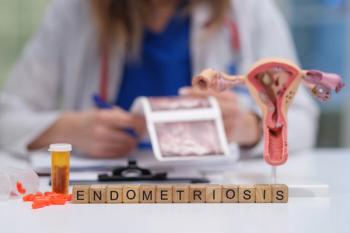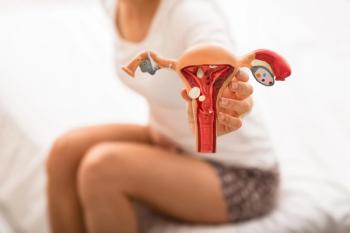
Early referral for dysmenorrhea essential for managing potential endometriosis
Experts recommend early referral to specialized centers for adolescents with dysmenorrhea to ensure timely diagnosis and treatment of potential endometriosis, preventing disease progression and preserving fertility.
“Adolescents and young women with dysmenorrhea and painful symptoms that suggest endometriosis should be referred to dedicated endometriosis centers for an early diagnosis and appropriate medical and surgical management,” according to the authors of a recent review article, which details the differences between primary and secondary dysmenorrhea and its relationship to endometriosis.
They discuss the differential diagnosis and the importance of an accurate anamnesis, a physical examination, and an ultrasonographic evaluation and/or MRI in all adolescents who present with dysmenorrhea. The review also addresses treatment and follow-up.
The authors indicate that delays in diagnosis of endometriosis can lead to disease progression and an impact on fertility, whereas early diagnosis and appropriate management may result in less major surgery in adulthood.
THOUGHTS FROM DR FARBER
The authors argue that all adolescents with dysmenorrhea (and they quote an incidence of 45%-95%) should undergo a vaginal/rectal examination and ultrasound/MRI. I’m not buying it; my clinical experience tells me this is excessive. I’m going to reserve workups for those who do not respond to first-line approaches such as ibuprofen or hormone therapy.
Reference
Martire FG, Piccione E, Exacoustos C, Zupi E. Endometriosis and adolescence: the impact of dysmenorrhea. J Clin Med. 2023;12(17):5624. doi:10.3390/jcm12175624
Newsletter
Get the latest clinical updates, case studies, and expert commentary in obstetric and gynecologic care. Sign up now to stay informed.









